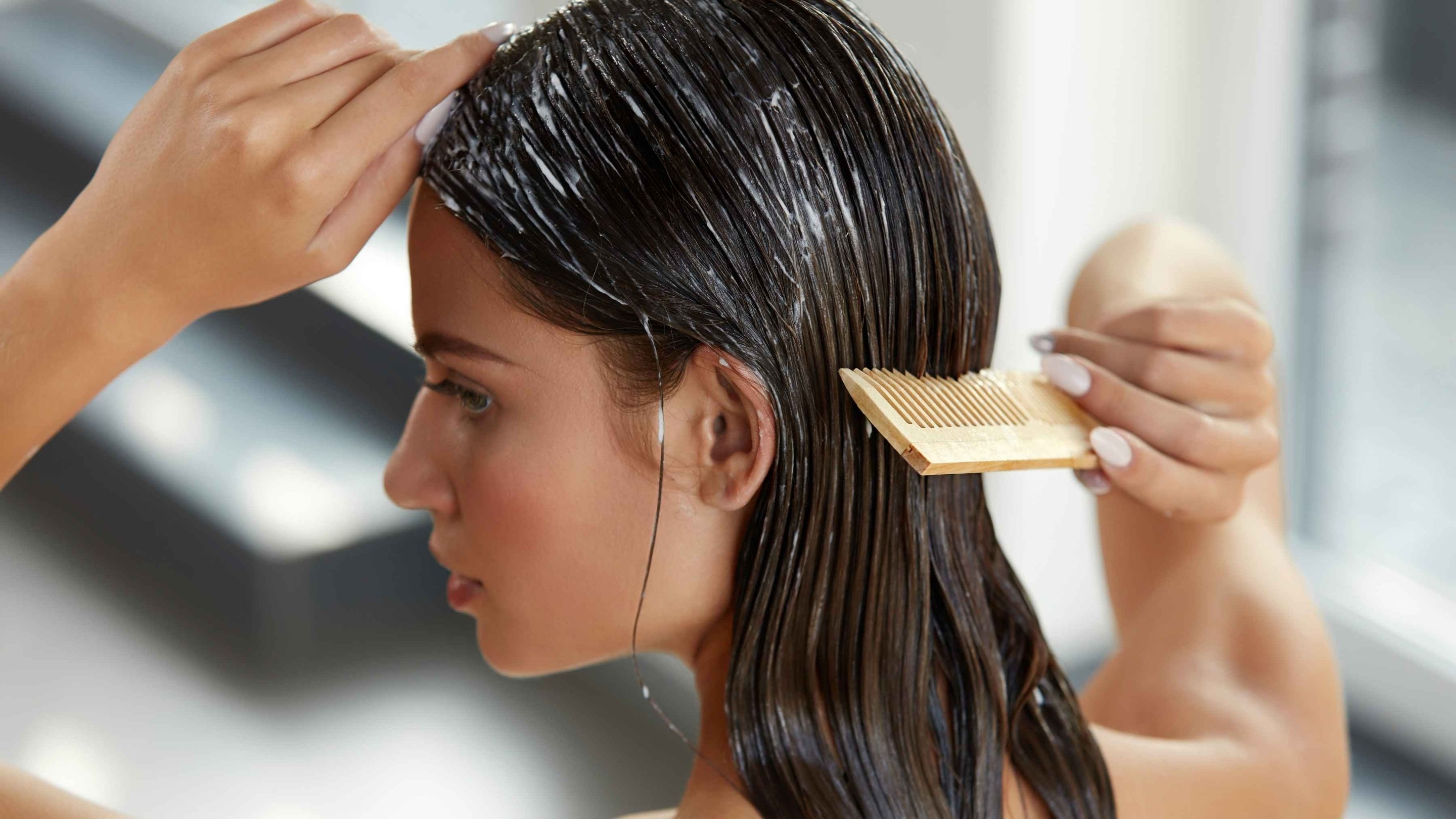Let's be honest, between pollution, heat styling, and hair colour experiments, our strands go through a lot. And while store-bought products have their perks, nothing beats the nourishment of a good old homemade hair mask. Packed with natural ingredients and tailored to your hair's exact needs, DIY masks passed down in your family by your grandmothers and great grandmothers are having a major moment and for good reason. Whether you're looking for a homemade hair mask for hair growth or one that tames frizz and boosts shine, these recipes don't just get the job done, they do it with the kind of softness and radiance that'll make you flip your hair like it's a shampoo ad.
Natural Argan Oil & Lavender Sulfate Free Anti-Frizz Shampoo - 400ml
₹658
₹658






